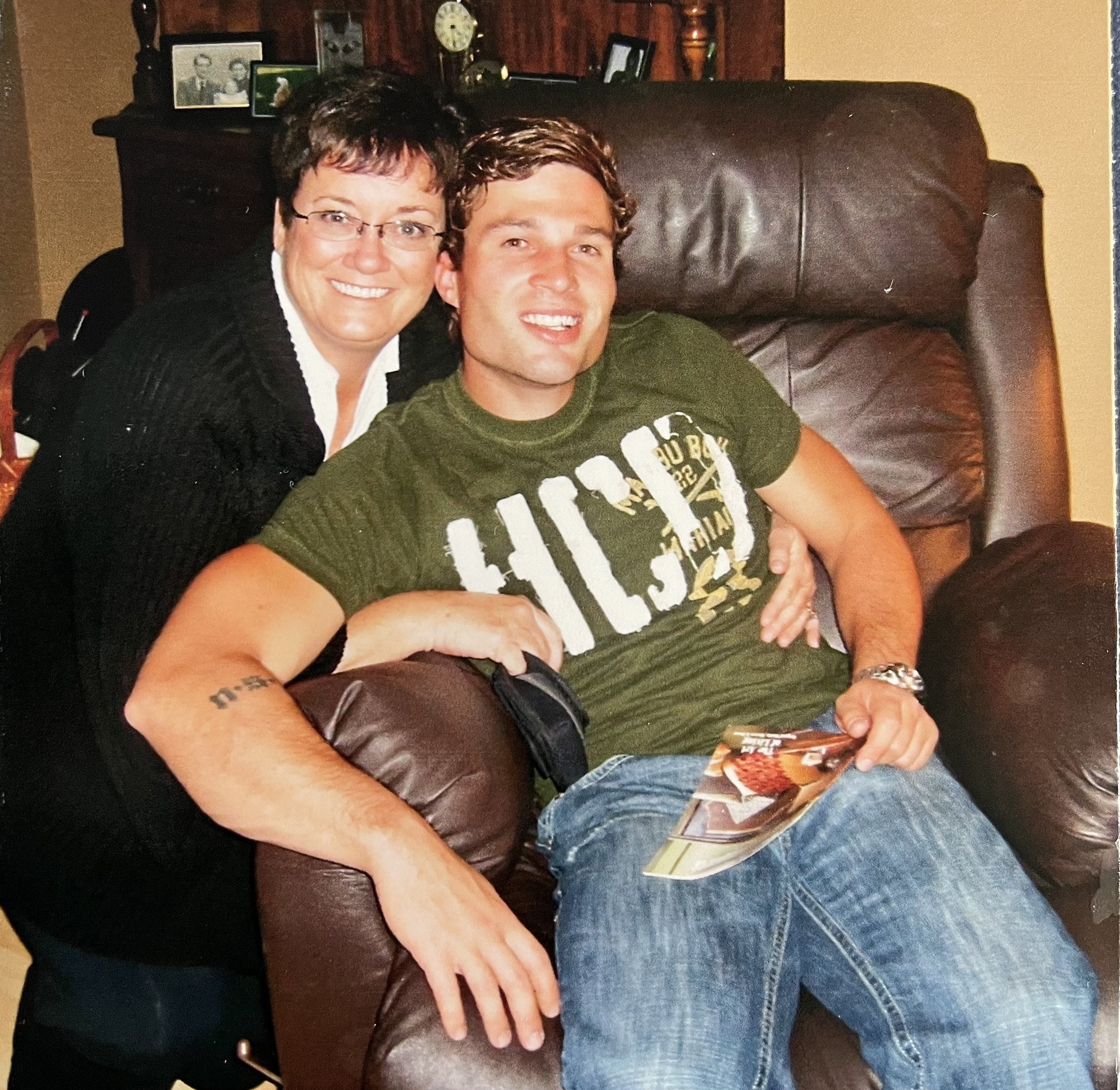My Healing Hearts Journey as a Facilitator
My life in advocacy began in the early stages of the formation of MSTH. We were a small group of 15 members when I started, not long after my son Steven passed from Overdose/Fentanyl poisoning. We were bonded in this group through our shared sorrow and in our collective loss. The women in this group supported me and held me up through my grief, and I in theirs. I became a strong advocate for Moms Stop the Harm.
Over time, Healing Hearts bereavement groups were developed to support a growing multitude of people with broken hearts, and a shared sorrow in a death of a loved one through drug harms. Through my own personal grief journey, I have observed that I had a heart full of compassion and empathy for those struggling with this kind of loss. I felt my mission expand as I committed myself to provide peer support to others like me.
People need a platform to speak of their loved ones, share stories, cry, laugh, share memories, and most importantly, feel that they have been heard. I have observed that stigma shrouds this kind of trauma and loss. Guilt and lack of empathy and compassion seems prevalent. People coming to Healing Hearts have expressed hearing many hurtful “if you” messages at the passing of a loved one from their friends and relatives.
if you hadn’t “enabled” them, then…
if you were tougher, then…
Often, their loved ones names aren’t said at gatherings because of their “shameful” death. There is an assumption that this kind of death by substance is a “choice”, and our loved ones caused their own deaths. There is an assumption that we were all lousy parents (absolutely untrue).
There are messages that our loved ones were unworthy of a good life. People damaged by this kind of death, often don’t speak of their loved ones because of the stain of shame. Dealing with any kind of death is daunting, but when peppered with negativity and avoidance, it is even more intimidating to face.
I believe we begin our healing journey through connections with people experiencing the same sadness, sorrow and shame. I have discovered that within Healing Hearts, people are able to express their anger, sorrow and pain in a safe and non judgmental environment. This has been helpful for most. In Healing Hearts, we do not assess, analyze, fix, or resolve. We are present simply to listen and support the griever.
We honour the stories we hear from others. We respect and value the nature of the story, the person telling the story, and the loved one captured in the telling and sharing. Healing Hearts is a safe, comforting, loving place. I found personally, that listening to stories and sharing our fears and sorrows as a group, has helped me in my healing also. We walk right into a fire of grief and wander aimlessly through it, often without a sense of purpose.
Grief turns to mourning when we take action and walk purposefully through it. Grief is the feeling, the raw penetrating sadness and sorrow of loss. Mourning is taking action to face the sadness and express it. It is an expression of grief. Expression ultimately leads to healing.
Healing Hearts is a sanctuary for the suffering. If success in a group like this can be measured, I would say it has been incredible successful.
Healing begins with Healing Hearts.
Arlene Howe

